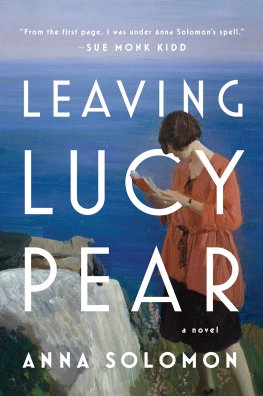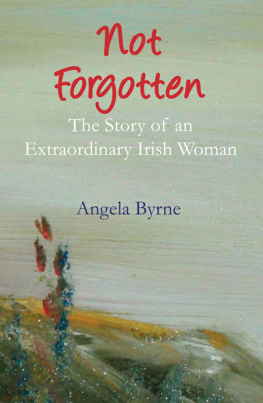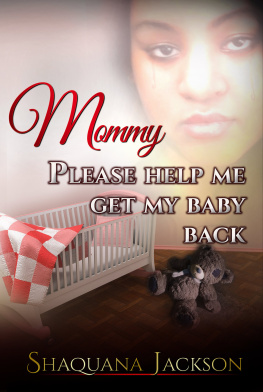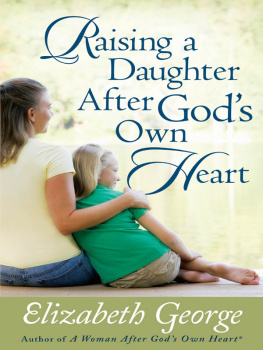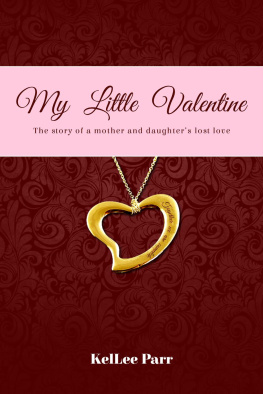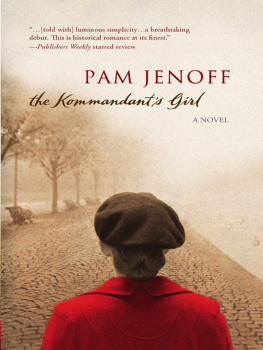Anna Solomon
Leaving Lucy Pear
The Last Word of a Blue Bird
As I went out a Crow
In a low voice said, Oh,
I was looking for you.
How do you do?
I just came to tell you
To tell Lesley (will you?)
That her little Bluebird
Wanted me to bring word
That the north wind last night
That made the stars bright
And made ice on the trough
Almost made him cough
His tail feathers off.
He just had to fly!
But he sent her Good-by,
And said to be good,
And wear her red hood,
And look for skunk tracks
In the snow with an ax
And do everything!
And perhaps in the spring
He would come back and sing.
ROBERT FROST

If they were coming, this was the night. The pears had stayed yellow and hard for so long that Bea had started to despair, but they were finally ready to pick. The moon was a quarter full. The afternoons wind had gone limp. Midnight came and went. Bea counted to five hundred for extra measure silently, so she wouldnt wake the nurse then she took up the infant from its bassinet, wrapped it in her aunt Veras angora shawl, and crept down the cellar stairs in her bare feet.
The stairs to the cellar were granite, and cold. The original wooden ones had burned with the original wooden house in 1873. Bea did not know about the fire but she could smell it, because the cellar was the one part of the house that hadnt needed rebuilding and its walls retained the flavor of ash. She moved toward the bulkhead door as fast as she could, feeling along the wall with her free hand, careful not to bump the handles of shovels and hoes, though the shovels and hoes had been through far worse. They had witnessed flood and fire. They had been variously cared for and abused by generations of gardeners, had been used to plant tulips and to dig graves. They had even, once upon a time, been in the presence of another unwed mother and her infant. Knowing this might have put Beas own suffering in perspective. But she did not know and she had not been taught perspective. She was eighteen, the daughter of ascendant Boston Jews who had sent her away to Eastern Point in a black, curtained limousine the day she started to show.
The bulkhead door was heavier than she expected, its diagonal slope demanding that it be lifted as much as pushed. She had unlocked it from the outside before going to bed but she hadnt tested its weight and now the thing didnt budge. She pressed harder. The cellar was her only way out she had tested the doors on the first floor and every one either shrieked or squeaked or groaned. She pushed again. If she put the baby down, it would cry. Bea started to pant with panic. The cellar roof seemed to be dropping, the walls squeezing. She climbed the bulkhead steps until she was bent nearly in two, the infant squeezed into the small space between her thighs and chest, and tried to open the door with her back. Her legs shook. Sweat sprang at her neck. She was still soft and weak from the birth two weeks before, her right eye bloodshot though she had no memory of pushing, no memory of any of it, nothing until a baby was being handed to her, clean and silent, like a doll her mother had bought. She was lucky, Bea understood Aunt Vera had hired a doctor who had studied in Germany with the father of twilight sleep. There had been morphine, there had been scopolamine these, according to Aunt Vera, would do more to liberate women than the vote. Bea understood that she was supposed to understand herself to be lucky. She understood that she must have pushed, and that she should be glad not to remember. She pushed now, using her neck, her shoulders, every muscle in her body. At last the door gave an inch, then two, then lightened so quickly Bea was following it she had to scramble to catch up before it slammed on the ground outside. She looked behind her, above. The hinge had given a sharp cry. She went stiff waiting for another sound, the nurses heavy footsteps, her heavy call: Beatrice? She waited until her breath came and quieted her heart. Then she stepped out into the night.
Through the near trees she could see the far ones in the orchard down below. Slowly, her eyes adjusted, and she saw the pears themselves, their waxy orbs glowing greenly in the three-quarter dark. Her mouth watered and Bea, embarrassed by this bodily secretion, turned her thoughts to her Plan.
Walk to orchard.
Wake infant.
Nurse infant.
Change infant.
Check inside paper sack: extra diapers, two bottles, four cans of Bordens evaporated milk, five twenty-dollar bills.
Set infant under most plentiful tree.
Run.
Around her left wrist, on a leather cord, Bea wore the very loud whistle Aunt Vera used to scare squirrels off the bird feeders. If they werent gentle with the infant, she would blow it. Also, she would blow it if they turned out not to be who she thought they were. Bea had relied on Uncle Ira for her information, and Uncle Ira was prone to telling tales. Nevertheless, Bea had chosen to believe him. It happened every year, he said. When the moon was bright enough to see by but not to be easily seen, the air still enough not to carry sound or scent. The pears on the verge of starting to drop. He never heard or saw a thing, but the next morning he would look out his window and down the hill and there, where the day before the pears had packed the branches like sparrows, there would be only leaves and the gray, fleshy stubs from which the pears had grown. Uncle Ira smiled, describing this. They might be giraffes, he mused. Giants! Ira harbored a kind of love for the trespassers who stole his pears. They made him feel benevolent.
But really, he said, Catholics. A poor Irish family who had found a market for pears. And Bea believed him, maybe because she had to. She didnt know any Catholics. Catholics werent Jews, but they were like Jews in that they werent Protestants. So there was that. And back home Bea had seen the Irish children walking in packs through the common and envied them, even the poor ones, the company. There looked to be a certain freedom in being one of many: the right to go unnoticed, unattended. Neglect, Beas mother would call it, she who had rarely let Bea out of her sight.
Until she had, quite suddenly.
And look at the consequences.
Bea steadied herself against one of the near trees, a tall, straight pine so bare of low branches it entered her consciousness as more human than plant. An idea came to her of sliding down its rough side, lying down on the cushion its needles made beneath her feet, and falling back to sleep with the baby in her arms.
The infant snorted. Bea wouldnt have guessed that babies snorted but this one snorted all the time, followed by a tremulous sigh. The sigh came. Bea shifted the infant to her shoulder. High above them, a branch creaked and shifted, making way for moonlight. Already its angle had changed. If Bea waited for the people to arrive, she would lose her resolve, or she would keep it and be seen and the people would tell Uncle Ira and he would tell her parents and her mother would make her give the baby to the awful woman who had come last month from the Orphanage for Jewish Children, reeking of camphor and assuring Aunt Vera and Uncle Ira that she did not believe in spoiling, kissing, or otherwise unnecessarily touching babies.
She began to walk. Her neck was wet with the babys breath and to counter the sensation, and whatever emotion it might lead to, she did what she had trained herself to do over the months of carrying the baby, as rigorously as she had ever trained herself to play a Beethoven sonata or pen a thank-you card in the microscopic, finger-cramping script that satisfied her mother: she thought of other things. The pear trees, which she could see more clearly with every step. They were Braffets, she knew, not because she understood anything about fruit or trees but because Uncle Ira talked about his pears all the time, as though they were the children he wished hed had, braver and brighter than his own.

